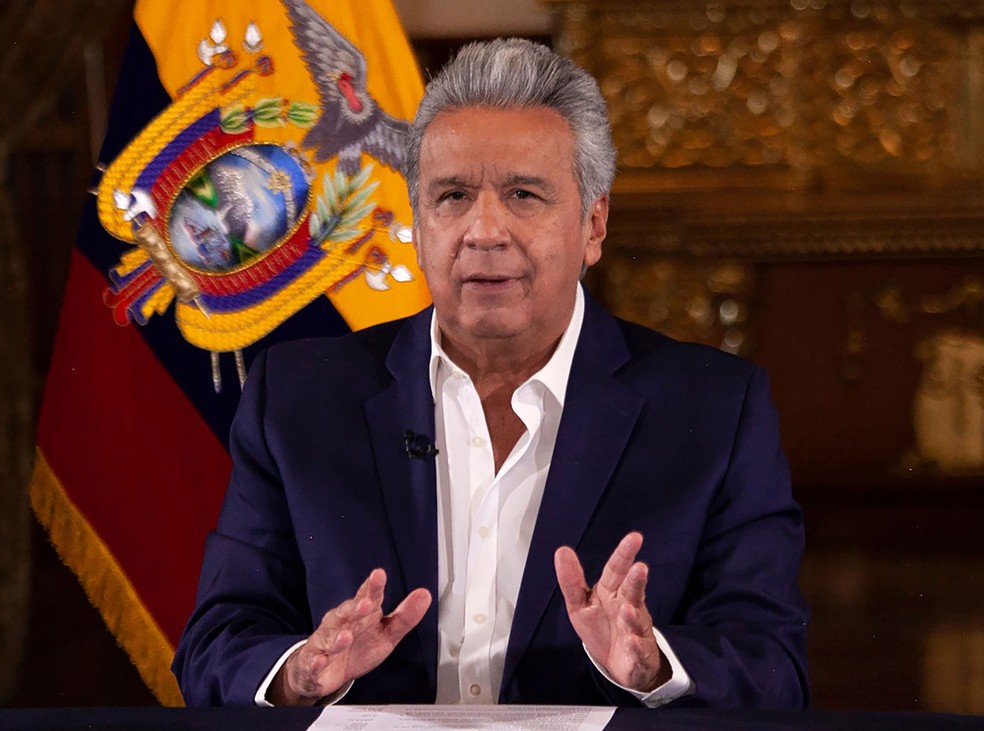RIO DE JANEIRO, BRAZIL – Ecuador’s President Lenín Moreno has announced seven new measures to reduce government spending by a total of US$4 billion (R$22 billion). The reduction in investment alone is expected to save US$1.4 billion, and wages and salaries are to be cut by US$980 million.

As a “coronavirus protection measure”, working hours in the public sector have been reduced. With six instead of eight hours of work, salaries were cut by between 16.6 and 8.3 percent. Doctors, police officers, and soldiers are excluded. The “shrinking” of the state sector will be further intensified given the crisis. In addition, seven state-owned companies are to be closed, and others privatized or merged, including the TAME airline and the Post Office.
To help stabilize the economy, US$1 billion was earmarked for the reactivation of the productive sector as of May 25th to allow small and medium-sized companies to pay wages and salaries. The Banco del Pacífico is the first to offer the loan with interest rates of up to five percent, a repayment term of 36 months, and a grace period of six months. More banks and credit unions are joining every week.
Ecuador is being particularly affected by the Covid-19 outbreak. In April, the shocking pictures of the dead in the streets of Guayaquil reached international media. The health care system in the port metropolis collapsed, protective measures were implemented too late, and funds for the health care system were not provided.
Yet there are no conclusive figures or clear explanations for the disaster. Cuts and redundancies in the health sector had undermined supply in the years before the coronavirus pandemic. The country is still in a state of emergency. The economic outlook is also gloomy, with the IMF projecting a recession of 6.3 percent in April.
The Moreno government evidently expects the way out of the crisis to lie in reducing the state sector and cutting public services, while measures to prevent capital flight and stabilize the foreign trade balance are still lacking. With the new measures, the government is further tightening its neoliberal economic policy.
In March 2019, Ecuador was granted an IMF credit line of US$4.2 billion. These loans are linked to a tax reform, greater flexibility in the labor market, the reduction of fuel subsidies, and the downsizing of the state machinery.

